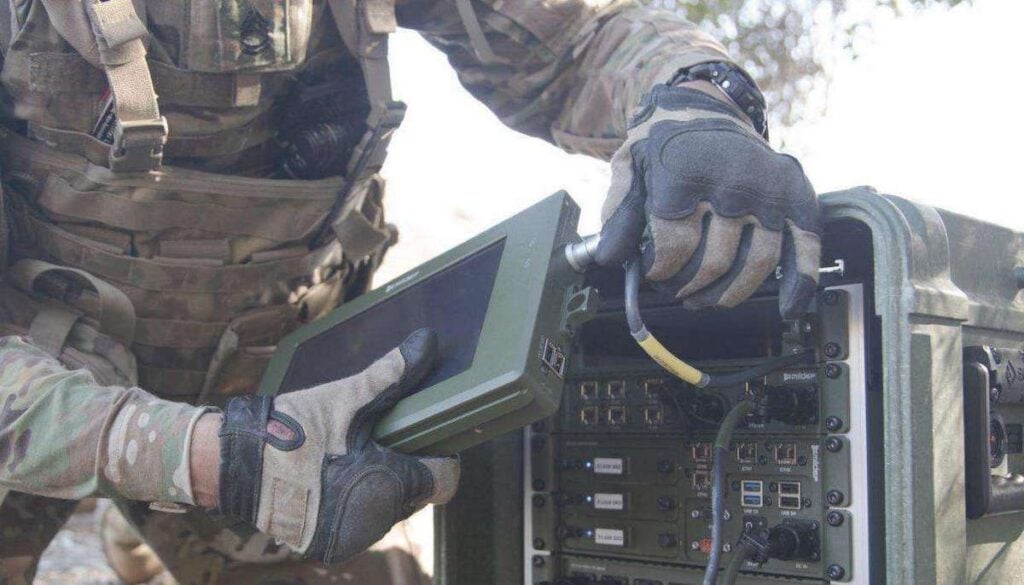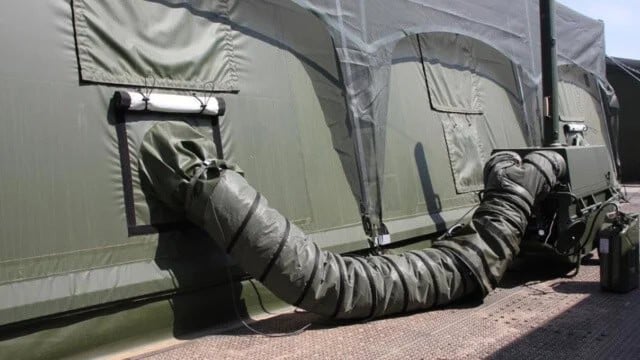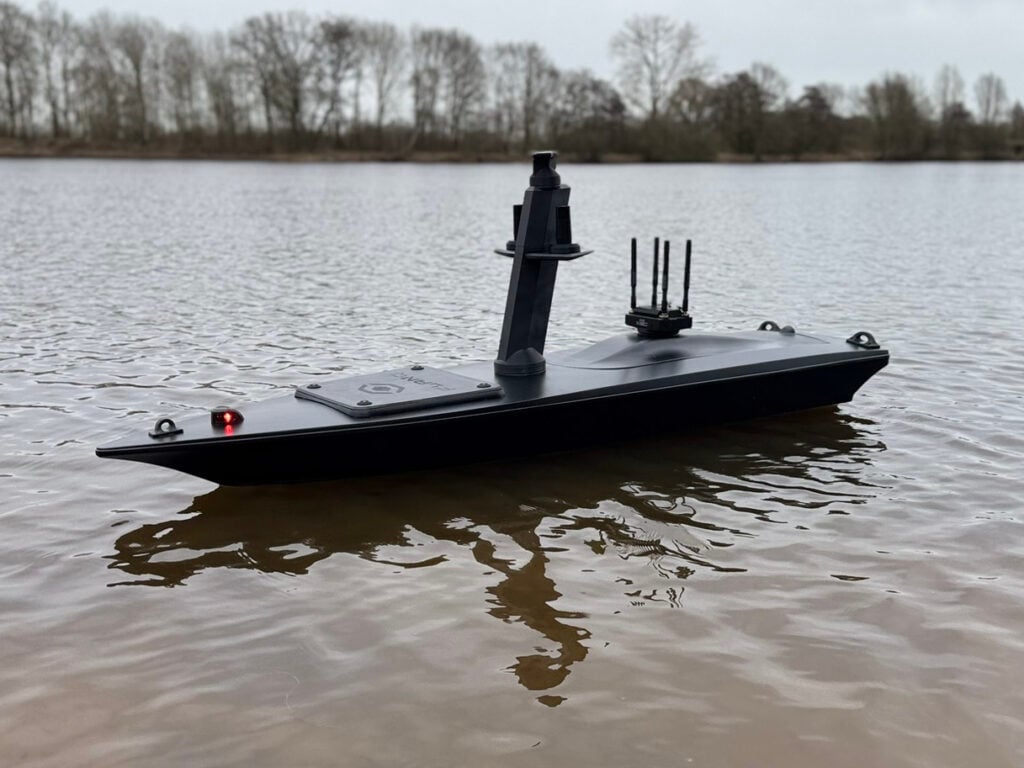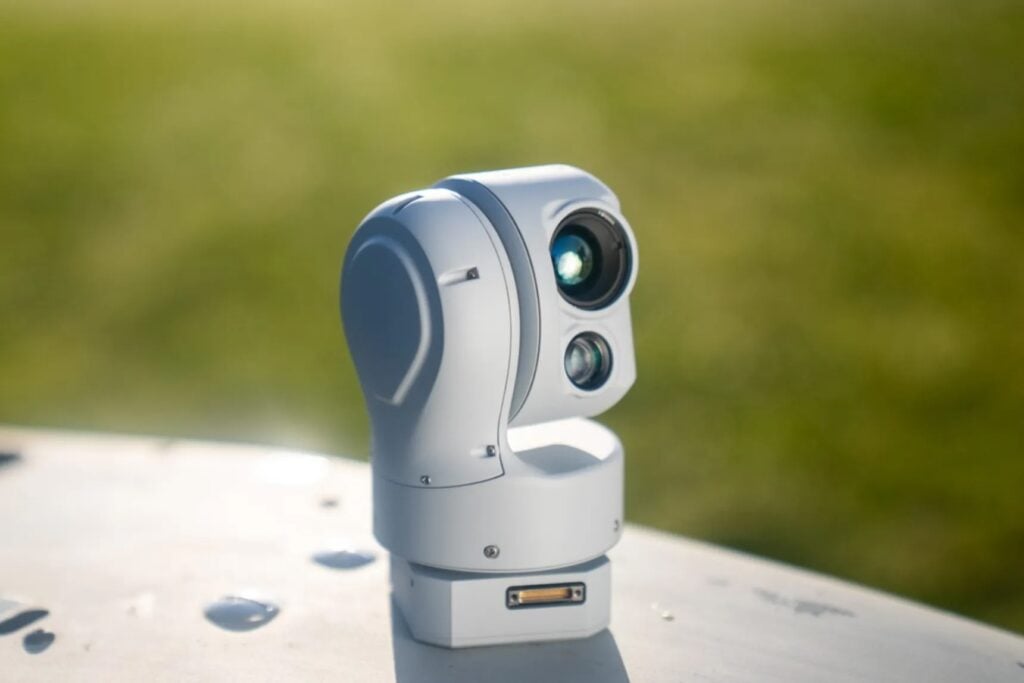
Discover Leading Defense Technology Solutions
Discover cutting-edge solutions from leading global suppliers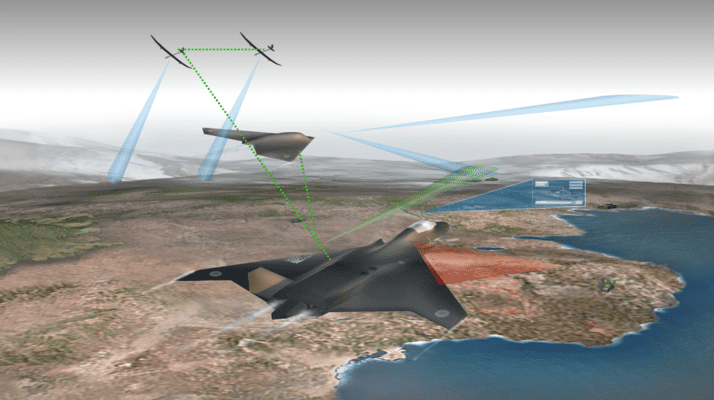
Advanced sensing technologies which have the potential to benefit aspects of everyday life will be developed as part of a new collaboration between BAE Systems and the University of Birmingham.
The two organisations have signed a Memorandum of Understanding to form an Advanced Sensing Technologies Consortium, drawing on leading experts from industry, academia and Government. This forms part of the Government-funded National Quantum Technologies programme to drive four UK-based hubs which includes a Sensors and Timing hub led by the University of Birmingham.
Bringing together the best of British expertise, the consortium will accelerate the development and application of advanced sensing technology, as well as develop disruptive technologies that will benefit UK industry. These include:
- New and novel navigation systems that do not rely on GPS: These technologies could offer breakthrough capability for resilient navigation in the shipping or defence industries where vehicles are operating in areas where GPS cannot be accessed.
- Cognitive workload measurement: Developing sensing technologies that can measure mental workload. Such sensors could bring benefits to the medical industry when diagnosing conditions as well as industries with critical human operators e.g. fighter pilots.
- Enhanced situational awareness sensors: These could deliver breakthrough capabilities for urban flight or autonomous vehicles.
- Detection of difficult targets: Novel sensors that have the ability to detect buried infrastructure could see the technologies being exploited for use in hydrocarbon exploration, mining, construction, transportation and critical national infrastructure.
Julia Sutcliffe, Chief Technologist for BAE Systems Air Sector, said:
“As experts in the defence, aerospace and security sector, we know sophisticated sensing technology is absolutely critical in our ambitions to develop intelligent systems that can survive in a complex and congested battlespace environment. Information provides a critical advantage and comes in many forms that sensors can deliver, from navigational aids to situational awareness.
“This initiative is aimed at accelerating the pace of exploitation of these developing capabilities, enabling us to take technology from a lab environment and apply it quickly in real-world scenarios. For example, our test pilots are trialing novel technologies to measure cognitive workload both on the ground and in the air, meaning we can test how intuitive and effective it really is and ensure any learning is fed back into our research and development at an early stage.”
Professor Kai Bongs, Principle Investigator at the UK Quantum Technology Hub Sensors and Timing, and Director of Innovation within the College of Engineering and Physical Sciences at the University of Birmingham, said:
“It has the potential to create enormous economic value and change the way we live. Novel sensor capabilities and digital twinning are enabling disruptive innovation in a faster and cheaper way, creating unprecedented benefit to society and the economy.
“We now need to accelerate the market pull by demonstrating how these new sensors can be integrated into high-value systems, change operations and our lifestyles.”
The new agreement builds on BAE Systems’ existing strategic partnership with the University of Birmingham, the UK Quantum Technology Hubs and suppliers of sensor systems in an effort to drive breakthrough technologies into a data-rich world.









